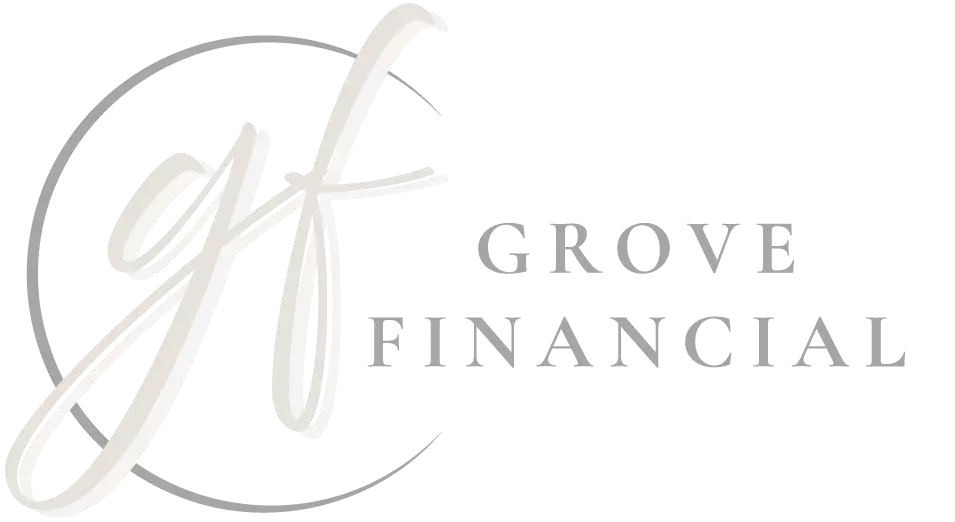Understanding Business Equipment Loans
For businesses looking to expand operations or upgrade existing equipment, purchasing new machinery often represents a significant financial commitment. Business equipment loans provide a strategic financing solution that allows companies to acquire essential assets without depleting working capital reserves.
Business equipment loans are specifically designed to help companies purchase tangible assets such as manufacturing equipment, office technology, vehicles, or specialised machinery. Unlike general business loans that provide funds for various purposes, equipment financing is secured against the equipment itself, which typically results in more favourable loan terms.
Key Benefits of Equipment Financing
When applying for a business loan to purchase equipment, several advantages emerge:
• Preserved Cash Flow: Rather than making a substantial upfront payment, businesses can spread costs over time while maintaining operational liquidity
• Tax Advantages: Equipment purchases may qualify for tax deductions and depreciation benefits
• Flexible Loan Terms: Lenders often structure repayment schedules to align with the equipment's productive lifespan
• Asset Security: The equipment serves as collateral, potentially reducing the interest rate compared to unsecured business loans
Ready to get started?
Book a chat with a Finance & Mortgage Broker at Grove Financial today.
Loan Structure Options Available
Businesses can access business loan options from banks and lenders across Australia, each offering different structural approaches:
Secured Business Loan: The equipment purchased acts as collateral, typically offering lower interest rates due to reduced lender risk.
Progressive Drawdown: Particularly useful for custom equipment or installations, this structure allows businesses to draw funds as work progresses rather than receiving the full loan amount upfront.
Revolving Line of Credit: For businesses requiring ongoing equipment purchases, this option provides ongoing access to funds up to an approved limit.
Interest Rate Considerations
Equipment loans typically offer both variable interest rate and fixed interest rate options. Fixed rates provide certainty over the loan term, making budgeting more predictable. Variable rates may start lower but can fluctuate with market conditions.
The loan amount and interest rate offered depend on several factors including business financial history, equipment type, and the borrower's creditworthiness. Lenders assess these elements during the application process to determine appropriate terms.
Application Process Requirements
The application process for equipment financing typically requires:
- Financial Documentation: Recent financial statements, tax returns, and cash flow projections
- Equipment Details: Quotes, specifications, and supplier information
- Business Information: Company registration details, trading history, and business plan
- Security Documentation: Details of any additional collateral if required
Lenders evaluate applications based on the business's ability to service the debt while maintaining adequate cash flow for operations.
Flexible Repayment Options
Modern equipment loans offer various repayment structures to accommodate different business models:
• Standard Principal and Interest: Regular monthly payments covering both loan principal and interest
• Seasonal Payments: Adjusted payment schedules for businesses with seasonal revenue patterns
• Redraw Facilities: Some lenders offer redraw options on paid-down amounts, providing additional financial flexibility
These flexible repayment options help businesses manage their financial commitments alongside operational requirements.
Beyond Equipment Purchase
While equipment purchase remains the primary focus, business loans can serve multiple purposes. Companies might use financing to purchase a property, cover unexpected expenses, or provide additional working capital during expansion phases. Some businesses even utilise these facilities when buying a business that includes significant equipment assets.
Choosing the right financing partner involves evaluating not just interest rates and loan amounts, but also the lender's understanding of your industry and ability to structure solutions that support long-term business objectives.
For businesses considering equipment financing, working with experienced finance professionals ensures access to comprehensive market options and tailored advice. Grove Financial specialises in connecting businesses with appropriate lenders and structuring solutions that align with specific operational requirements and growth plans.
Call one of our team or book an appointment at a time that works for you to discuss how equipment financing can support your business growth objectives.




